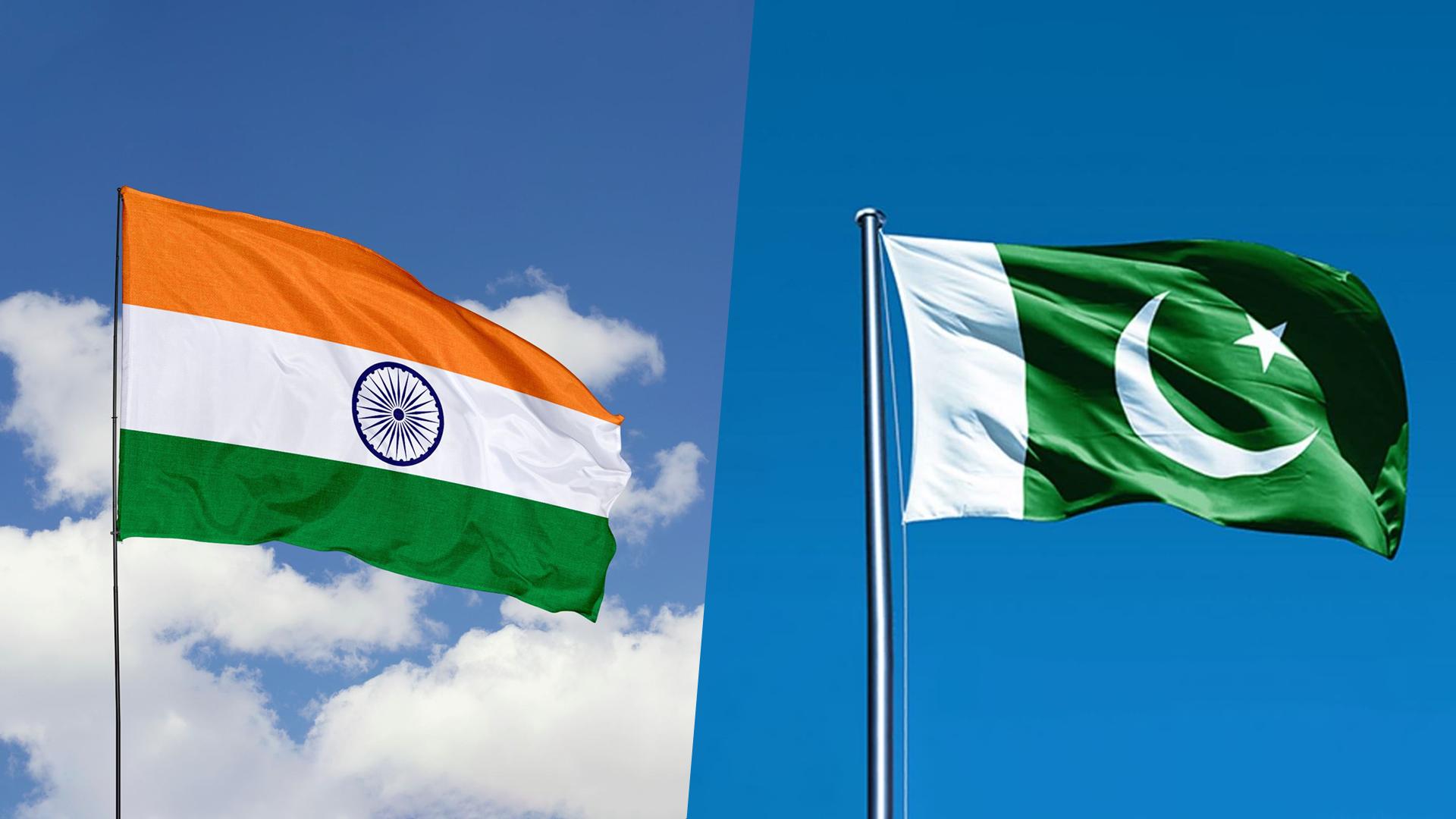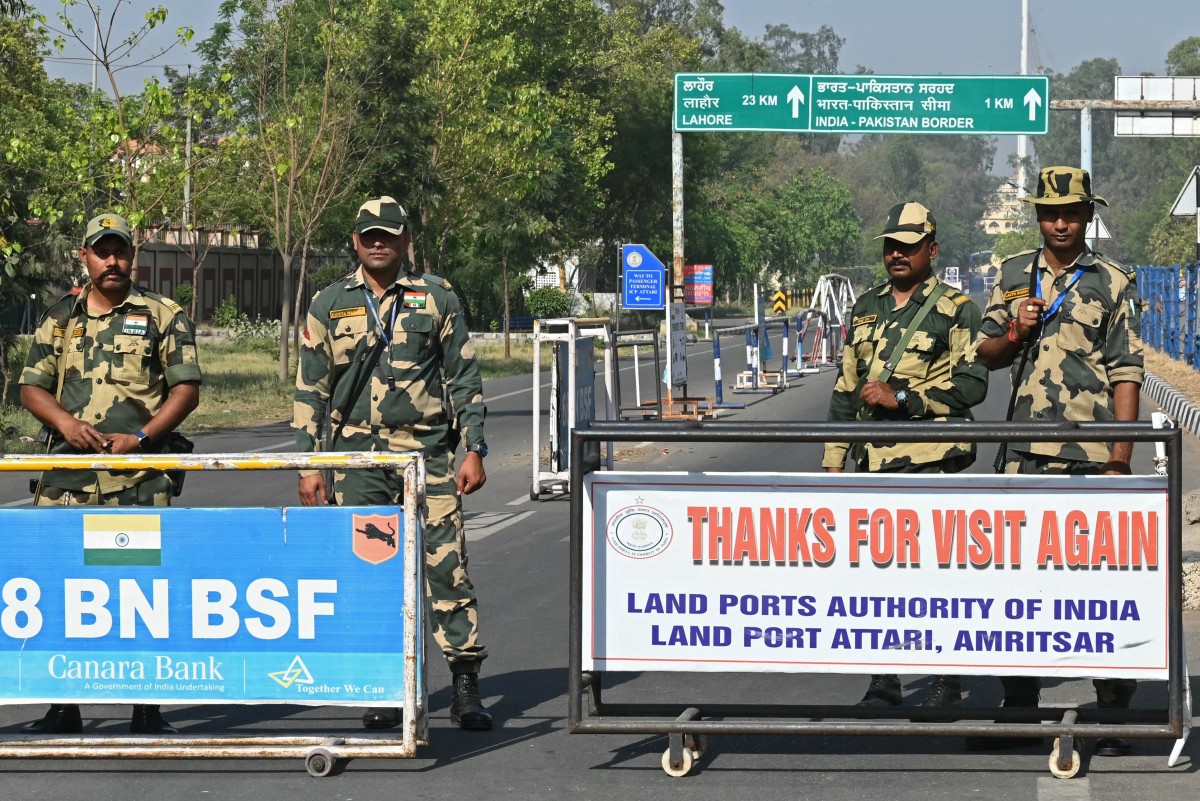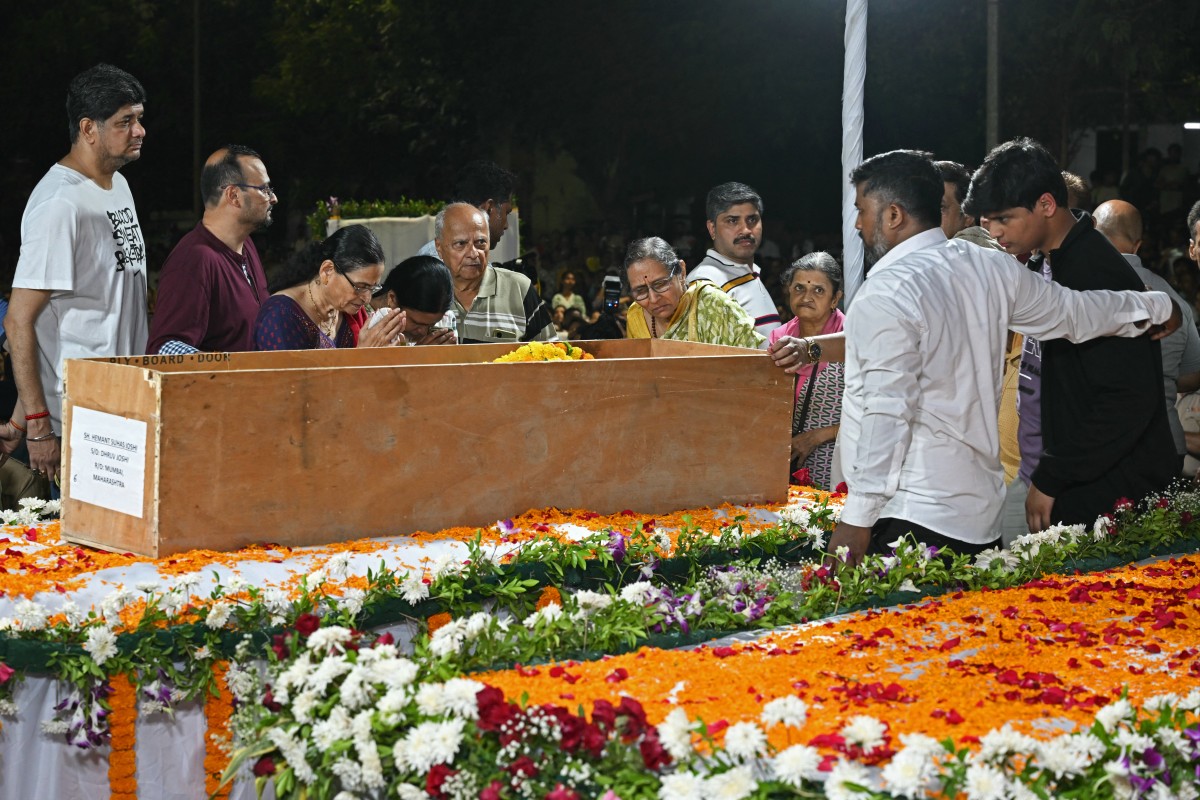
By Agence France-Presse
India took a raft of punitive diplomatic measures against Pakistan on Wednesday (April 23), accusing Islamabad of supporting “cross-border terrorism” after a deadly attack on civilians in Kashmir. Pakistan has denied responsibility for the crime.
But the attack plunged relations between the nuclear-armed neighbors to their lowest level in years, and some fear New Delhi’s diplomatic moves may just be an opening salvo—with the potential risk of military action still in the cards.
India’s measures, including the suspension of a key water-sharing treaty and closure of the main land border crossing with Pakistan, came a day after gunmen killed tourists in the Indian-administered part of disputed Kashmir region.
Islamabad will make “a tit-for-tat response,” Pakistan’s Deputy Prime Minister Ishaq Dar said.
The gunmen killed 26 men—all Indian except one Nepali—in the deadliest attack on civilians in the Himalayan region for a quarter century.
Funerals of several of those killed have been held across the country by grieving relatives, while candle-lit vigils have also been held by the wider public.
The killings have shocked New Delhi, as they marked a dramatic shift toward targeting civilians and the area’s vital tourism industry, rather than smaller-scale attacks against Indian security forces, which are more common.
Indian Prime Minister Narendra Modi has pledged that those responsible for the “heinous act” will be brought to justice. “Their evil agenda will never succeed,” Modi said shortly after the attack.

‘Serious risk’
Tuesday’s assault (April 22) occurred as tourists enjoyed tranquil mountain views at the popular site at Pahalgam, when gunmen burst out of forests and raked crowds with automatic weapons.
Indian Foreign Secretary Vikram Misri read out a series of actions against Pakistan on Wednesday (April 23).
“They included the suspension of the Indus Waters Treaty of 1960 to share critical water from Himalayan tributaries until Pakistan credibly and irrevocably abjures (rejects) its support for cross-border terrorism,” Misri told reporters in New Delhi.
“They also included the shutting of the main land border crossing and diplomatic staff reductions, including withdrawing several Indian personnel from Islamabad and ordering Pakistanis home,” he added.
Analyst Michael Kugelman said the attack posed a “very serious risk of a new crisis between India and Pakistan, and probably the most serious risk of a crisis since the brief military conflict that happened in 2019.”

‘Heinous’
India and Pakistan have long accused each other of backing forces to destabilise one another, and New Delhi says Islamabad backs the gunmen behind the insurgency. Meanwhile, Islamabad denies the allegation, saying it only supports Kashmir’s struggle for self-determination.
On Wednesday (April 23), Pakistan’s foreign ministry offered its “condolences to the near ones of the deceased.”
After India’s diplomatic measures, Pakistan said it would convene its National Security Committee, composed of senior civil and military officials and summoned only in exceptional circumstances.
“A comprehensive response will be given,” Pakistan’s Defense Minister Khawaja Asif said, declaring that India wants to “use this incident, which we deplore, as an excuse” to exit the water accord.
India is expected to hold an all-party political meeting on Thursday (April 24) to brief top leaders. The South Asian nation has an estimated 500,000 soldiers permanently deployed in the territory but fighting has eased since Modi’s government revoked Kashmir’s limited autonomy in 2019, a move accompanied by a crackdown on dissent.
The deadliest previous attack on civilians was in 2000 when 36 Indians were killed. The worst attack in recent years was in Pulwama in 2019 when insurgents rammed a car packed with explosives into a police convoy, killing 40 and wounding 35.
